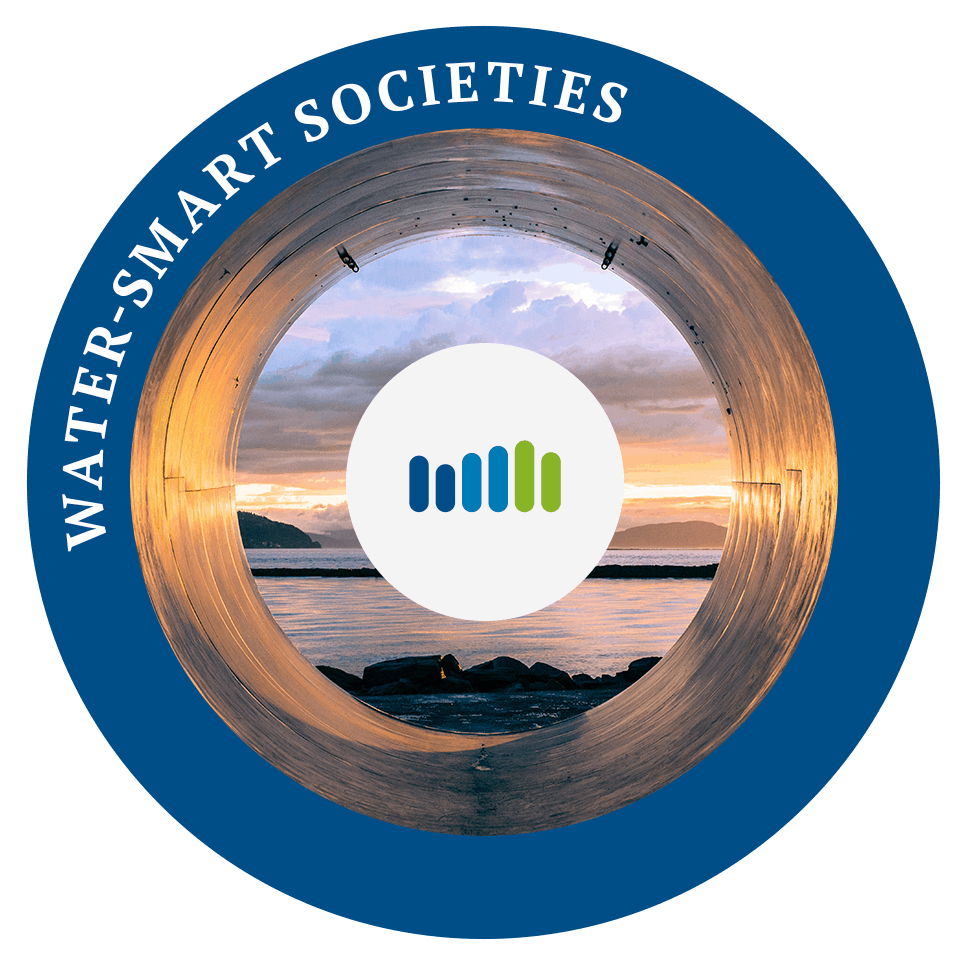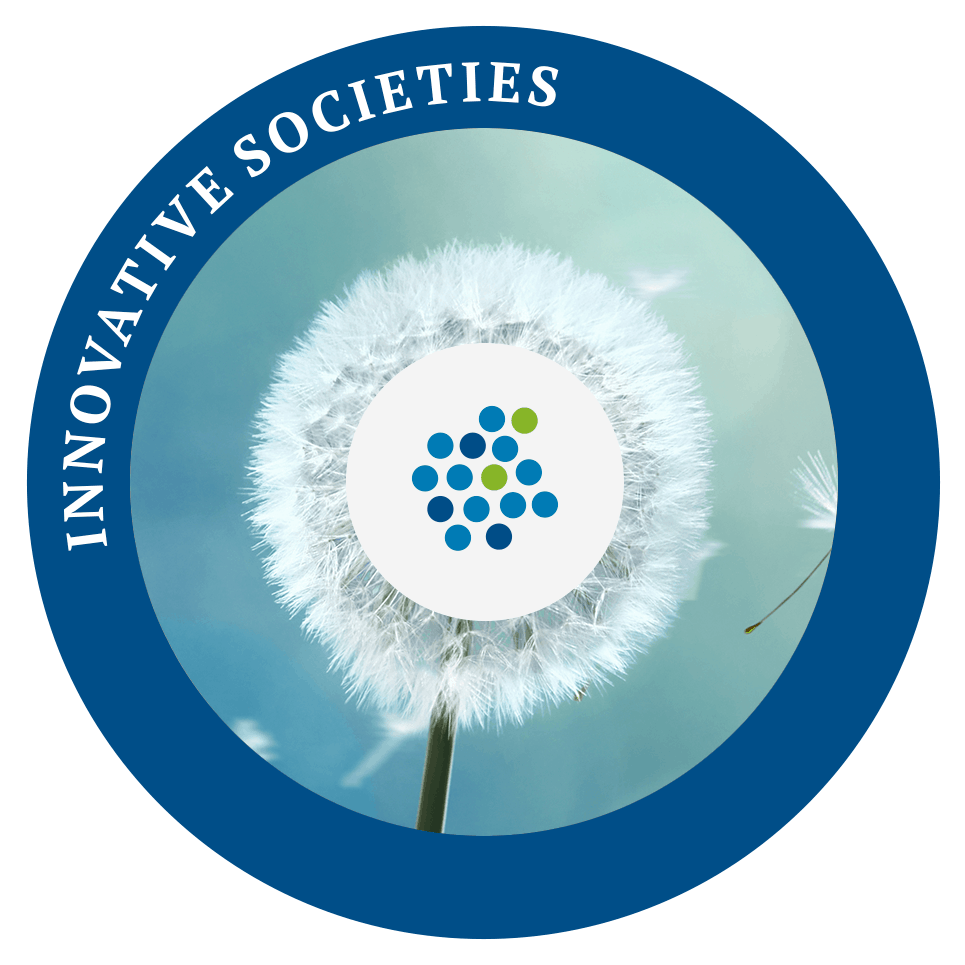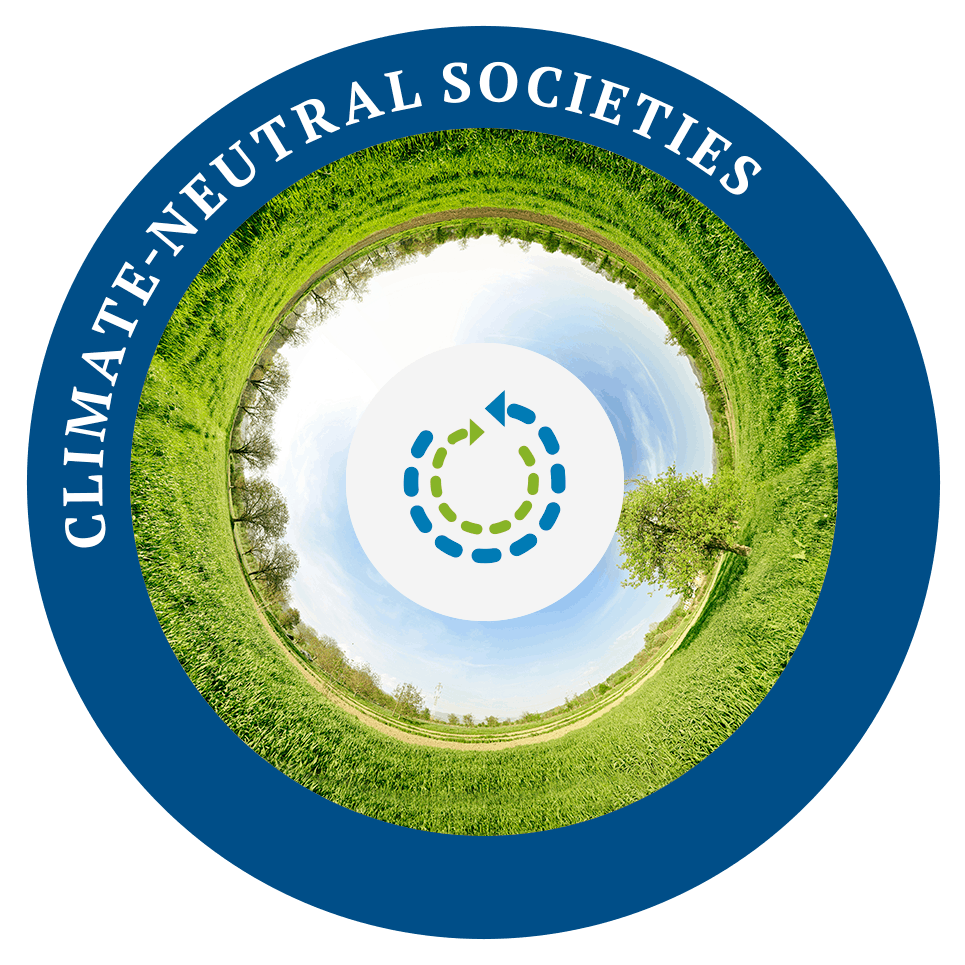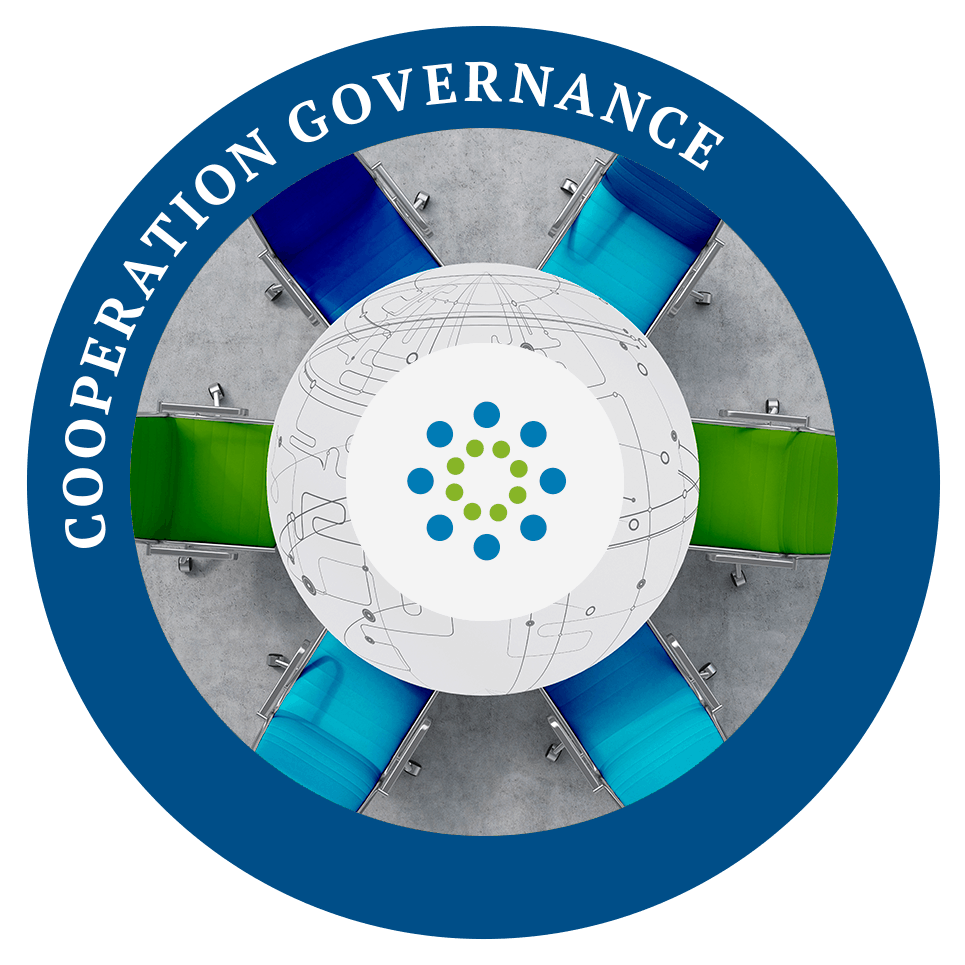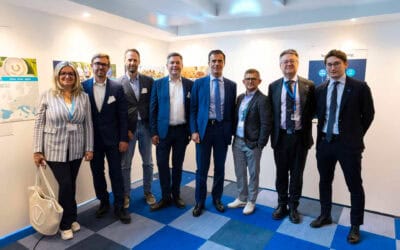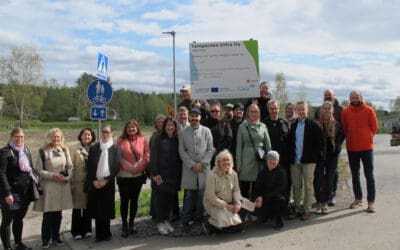priority 2: Water-smart Societies
Objective 2.1
Sustainable waters
The Programme supports actions that improve the state of water in the region and make its management more sustainable. These waters include the Baltic Sea, coastal waters and inland waters like rivers, lakes and groundwater.
What are sustainable waters?
The Programme supports actions that improve the state of water in the region and make its management more sustainable. These waters include the Baltic Sea, coastal waters and inland waters like rivers, lakes and groundwater.
Prevent & reduce water pollution
The Programme encourages actions that implement available solutions to prevent and reduce water pollution across various waterways. Actions may develop new solutions and apply them widely in the region. Actions may adapt water management practices to changing climate conditions in urban, rural and coastal areas, such as storms, floods or droughts. Actions may support adapting water management strategies to emerging challenges.
Shared water resources
Where possible, actions should be cross-sectoral as water resources and catchments are shared by multiple sectors and stakeholders. Relevant sectors include municipal and regional water management, agriculture, aquaculture, fishery, forestry, waste management, industry and households.
What can I do in my project?
We believe our projects help implement several important strategies in our region, and, in particular, the EU Strategy for the Baltic Sea Region and its policy areas Nutri, Hazards, Bioeconomy, Secure, and Health.
Introduce good practices to prevent emissions
Engage authorities, companies, advisories and local communities to introduce good practices to prevent nutrient and hazardous substance emissions in water, incl. interaction across sectors, and test solutions to recycle nutrients or business models for ecosystem services.
Use water reasonably
Adapt water management practices across sectors to use water reasonably (e.g. reuse, retain, recirculate).
Reduce risks of water pollution
Improve water management practices across sectors to reduce risks of water pollution aggravated by climate change (e.g. coastal erosion).
Adapt water management
Adapt water management and other strategies to emerging pollutants or new solutions to eutrophication.
Address effects of climate change
Rethink planning processes for more effective water management (e.g. during storms, floods, droughts and groundwater scarcity), also developing greening plans, nature-based and digital solutions.
Shift behaviour
Pilot actions to shift consumer and production patterns to prevent water pollution e.g. reducing plastic use, handling pharmaceuticals.
Get inspired by the ongoing projects
Sign up now
Newsletter subscription
Four priorities & nine objectives
Four priorities for cooperation
Interreg Baltic Sea Region 2021-2027 creates opportunities for organisations to connect
as if there were no borders. With experience and EU funding, we help them cooperate and put their ideas into practice.
Jointly, we make the life of people around the Baltic Sea better.
The Programme is structured along with four priorities. They guide partners in achieving the most when cooperating across borders.
Priority 1
Innovative societies
1.1 Resilient economies and communities
1.2 Responsive public services
Priority 3
Climate-neutral societies
3.1 Circular economy
3.2 Energy transition
3.3 Smart green mobility
Overview: all the Programme objectives
Resilient economies and communities
Objective 1.1
under Priority 1: Innovative societies
Sustainable waters
Objective 2.1
under Priority 2: Water-smart societies
Circular economy
Objective 3.1
under Priority 3: Climate-neutral societies
Project platforms
Objective 4.1
under Priority 4: Cooperation governance
Responsive public service
Objective 1.2
under Priority 1: Innovative societies
Blue economy
Objective 2.2
under Priority 2: Water-smart societies
Energy transition
Objective 3.2
under Priority 3: Climate-neutral societies
Macro-regional governance
Objective 4.2
under Priority 4: Cooperation governance
Resilient economies and communities
Objective 1.1
under Priority 1: Innovative societies
Responsive public service
Objective 1.2
under Priority 1: Innovative societies
Sustainable waters
Objective 2.1
under Priority 2: Water-smart societies
Blue economy
Objective 2.2
under Priority 2: Water-smart societies
Climate-neutral societies
Objective 3.1
under Priority 3: Climate-neutral societies
Energy transition
Objective 3.2
under Priority 3: Climate-neutral societies
Smart green mobility
Objective 3.3
under Priority 3: Climate-neutral societies
Project platforms
Objective 4.1
under Priority 4: Cooperation governance
Macro-regional governance
Objective 4.2
under Priority 4: Cooperation governance
News
CompositeCircle kicked off in Lappeenranta: setting the stage for circular innovation
The CompositeCircle project officially launched with a multi-day kick-off meeting in Lappeenranta, Finland, bringing together partners from across the Baltic...
(No title)
Energy Equilibrium seminar in Lithuania — Energy Accumulation for municipal energy sector
With the support of Association of Local Authorities in Lithuania the seminar “Energy sector planning in municipalities for the transition to renewable...
Highlights from webinars and training workshops in Sweden
This past spring, our Swedish project partners, Sustainable Business Hub and the Municipality of Tomelilla, co-hosted both a webinar on the potential of...
How transnational cooperation is building Europe´s future with youth
Explore how transnational cooperation is transforming Europe, from addressing climate change to fostering local economic growth. This exhibition highlights the powerful impact of collaboration beyond borders in shaping a stronger, more united future.
Painting Baltic Sea region cities blue
There is nothing more exciting than seeing an Interreg project in action. On 22 May 2025, the project City Blues showcased how it is changing areas around the city of Tampere to prepare it for the consequences of climate change better.
Overcoming Borders Together – Interreg at the Fehmarnbelt Days 2025
Join us at the Fehmarnbelt Days 2025 on June 14-16, where Interreg Deutschland-Danmark, Interreg North Sea, and Interreg Baltic Sea will showcase the power of cross-border cooperation at our joint stand.



